For twenty years, Humanitarian Organization ‘Children’s Heart’ has been helping people with developmental disabilities by implementing integration, psycho-social and educational programs.
The ‘Children’s Heart’ team has told us more about the mission, values and activities of this organization, which works every day on improving the quality of life of people with developmental disabilities and their families.
How was Humanitarian Organization ‘Children’s Heart’ established? What was the initial idea and how did your mission take shape?
‘Children’s Heart’: Humanitarian Organization ‘Children’s Heart’ was registered in 2001 with the aim of gathering experts who, with their expertise, practical experience and free time, would contribute to the improvement of the quality of life of people with developmental disabilities and their families.
This is when the program ‘School of Life Skills’ was created, which is still active and has attracted a large number of children with developmental disabilities and their parents. Then we needed volunteers, so we created training programs for parents, volunteers, experts and all people who are in contact with people with developmental disabilities. We currently have 6 accredited training programs in Serbia and another 6 in Montenegro.
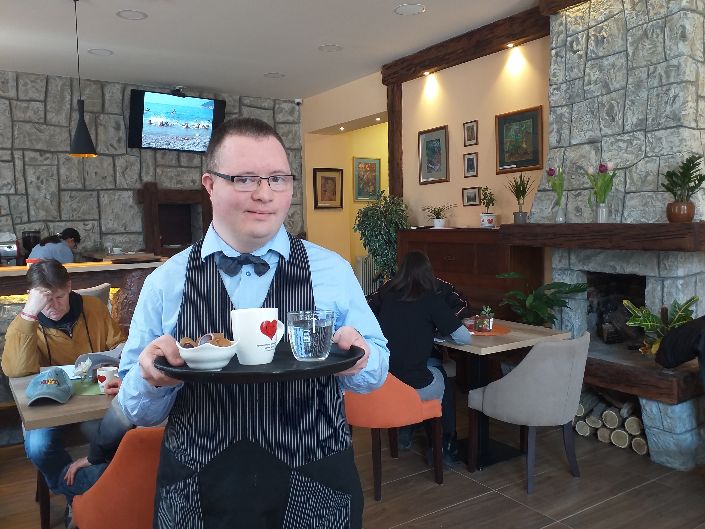
What was your personal motivation to work in the non-profit sector?
‘Children’s Heart’: The non-profit sector does not provide the same security as the public sector and requires us to constantly work on ourselves so as to ensure survival. The work of the non-profit sector is more natural as it reminds us that this is how the world works – a constant fight that makes us stronger and readier for what the future brings.
How has the COVID-19 crisis affected the work of the Organization? To what extent have your activities changed, and what has been your main focus in the recent period?
‘Children’s Heart’: COVID-19 has not made serious cuts as in our surroundings, because we haven’t suspended our activities – they have only acquired a slightly different overtone. Fear, panic and uncertainty felt by parents have introduced some changes in the habits and activities of youth with developmental disabilities, affecting the support we are providing to them. We have increased the activities of informing the parents, and reduced direct meetings with them.
Which activities are currently in your main focus? What are the most important plans for 2021?
‘Children’s Heart’: The most important plans will be focused on launching activities related to working engagement and employment of people with intellectual disabilities.
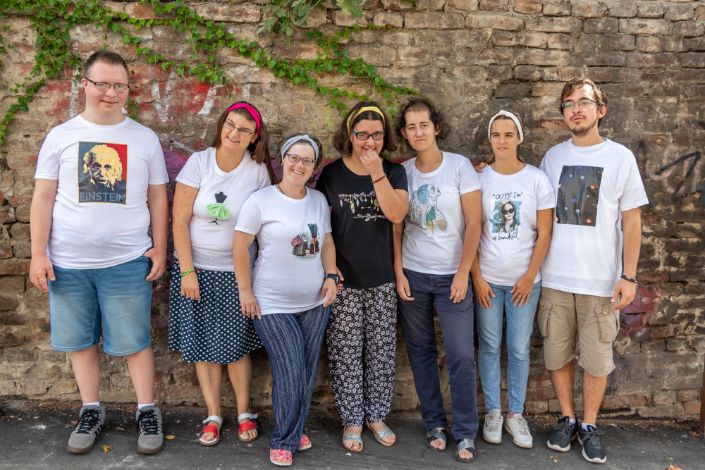
How is the work of ‘Children’s Heart’ financed? Which types of donors do you cooperate with and in what way? How can we all support your work?
‘Children’s Heart’: We are familiar with all the existing ways of finding donations. We cooperate with local donors, individuals, foundations, secretariats, religious organizations, local self-governments, ministries, the EU, etc.
How does your ‘Personal Companion’ service work and why is it important for the community?
‘Children’s Heart’: Personal Companion of children is a service that is available at the local level, because we as an organizations apply to a tender published by a local self-government. We train personal companions, establish cooperation with schools and institutions attended by children with developmental disabilities and define the needs of children together with their parents. A personal companion’s job is to fulfil the needs of a child, as defined in the individual plan.
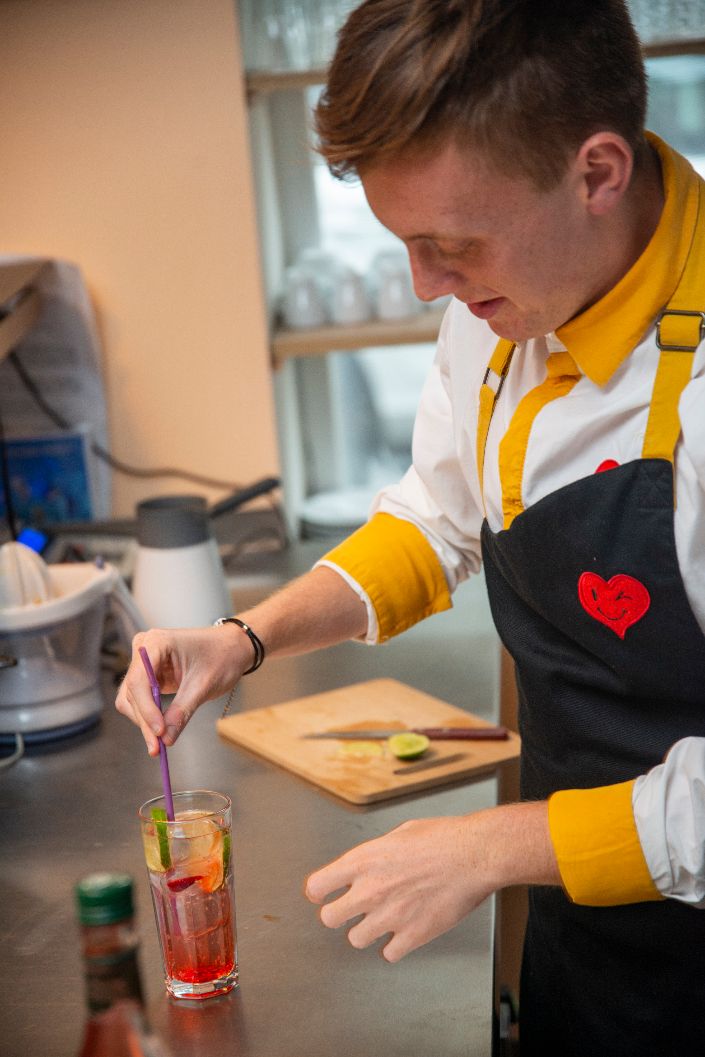
You are also know for establishing café-restaurant ‘Zvuci Srca’ where your beneficiaries work and gain experience. How does ‘Zvuci Srca’ work? Has the COVID-19 crisis affected your work? Do you plan on carrying out similar projects in the future?
‘Children’s Heart’: ‘Zvuci Srca’ has developed from a café-restaurant into a Work Center with a workshop where youth with developmental disabilities sew, knit, print their drawings on T-shirts and mugs, and decorate trays, photo frames and coasters using the decoupage technique.
The café-restaurant reduced its activities as a result of the COVID-19 crisis, but we started sewing masks in the workshop, which was a way to keep youth with developmental disabilities busy.
The café-restaurant became a place of hope for all young people with developmental disabilities and their parents.
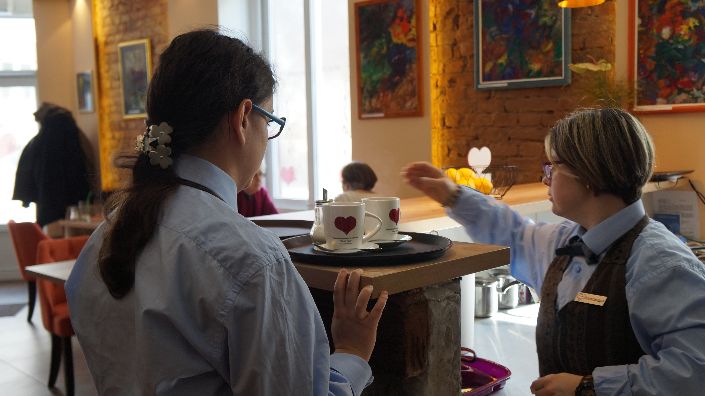
Your activities also include accredited training programs. What does this educational segment of your work entail?
‘Children’s Heart’: 6 accredited training programs in Serbia and 6 accredited programs in Montenegro allow us to explain the idea, work principles, planning methodology and practical approach to people with developmental disabilities to everyone who wishes to work with them.
The training programs are organized on site or at the organization’s premises in groups of 25 participants. They enable experts to acquire their work license, while others get practical guidelines for working with children or adults with developmental disabilities.
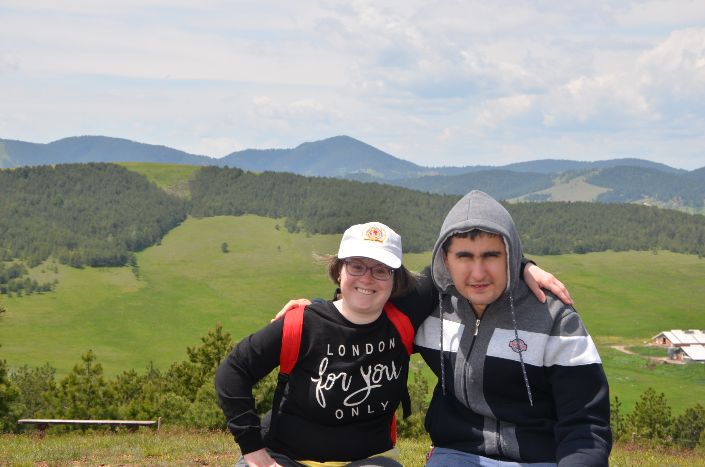
What are the greatest challenges you face in your work?
‘Children’s Heart’: The greatest challenge in our work is that every system, and therefore social protection as well, has its own rules regulated by law. Laws often change and are rarely aligned, which creates problems in our everyday work.
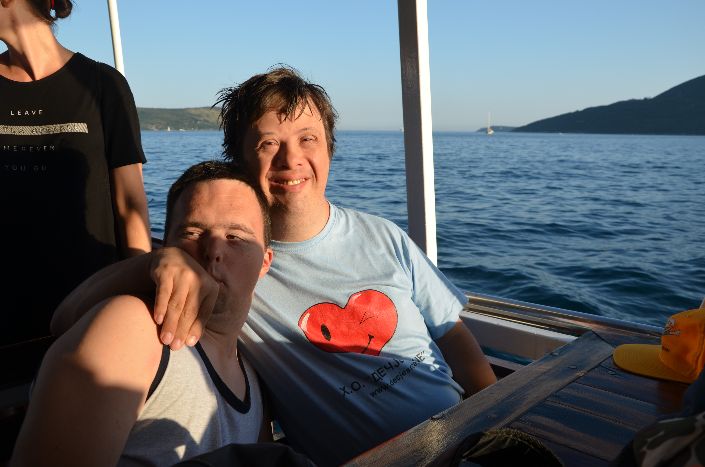
What are the greatest achievements of ‘Children’s Heart’ so far, and what else do you wish to achieve in the future?
‘Children’s Heart’: Our greatest achievement is the fact that we are continuously growing, developing and becoming an organization that families with children with developmental disabilities have been following for the past 20 years, helping us to jointly incorporate their needs into social services. We have so far supported more than 600 families and that is our greatest success.
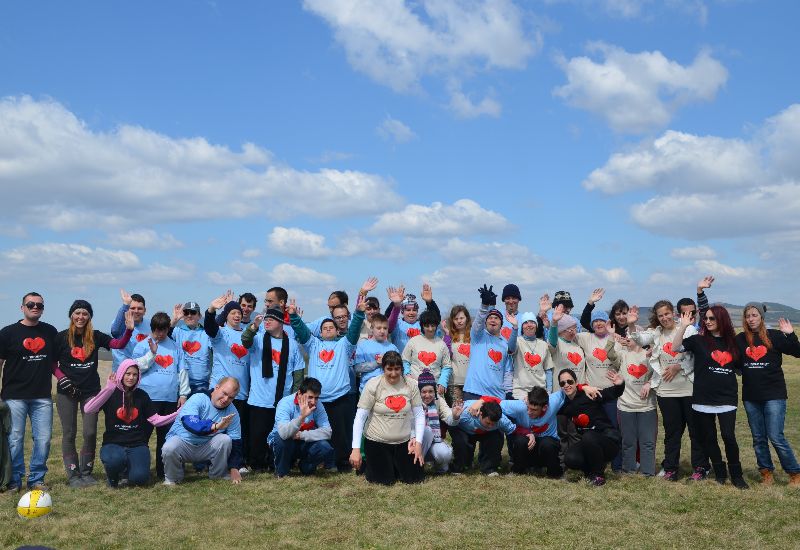

Leave a comment